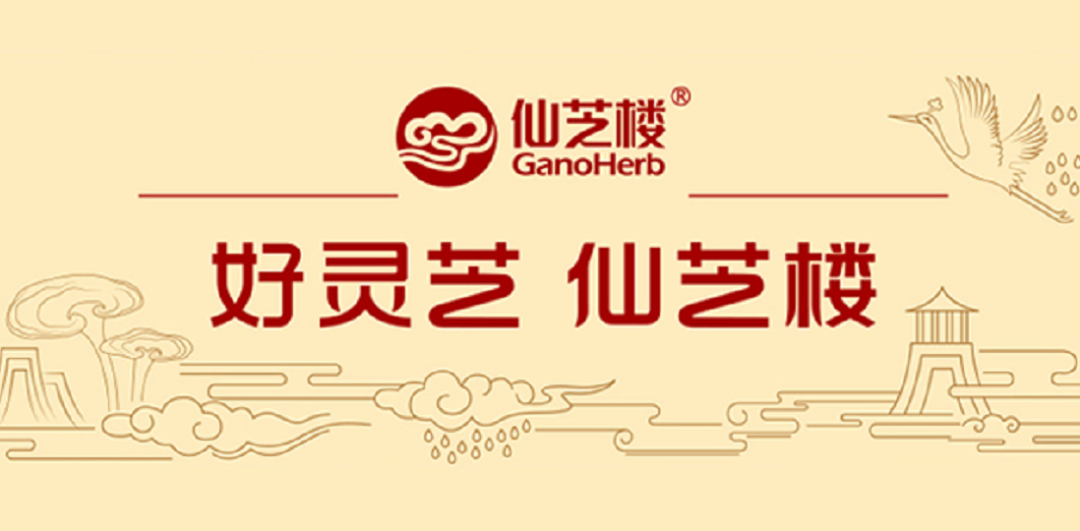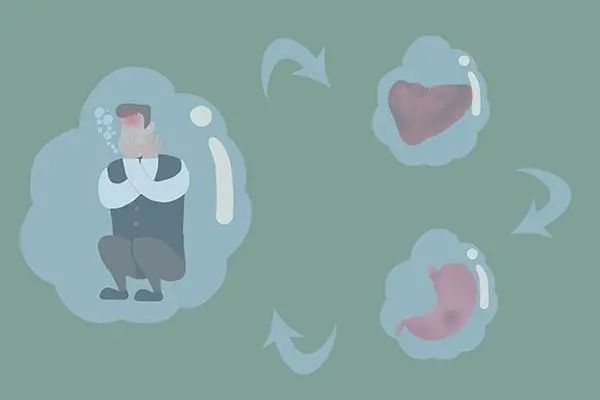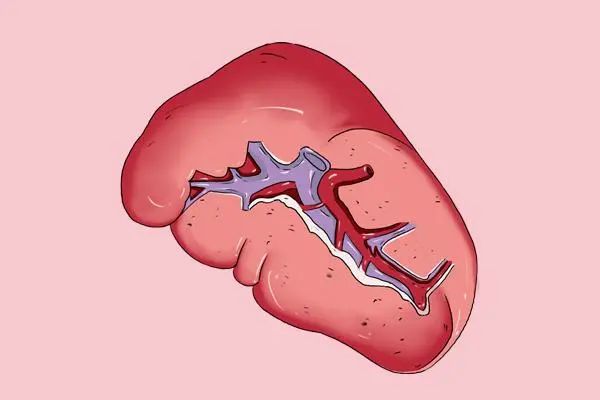
From the perspective of Traditional Chinese Medicine (TCM), the spleen is fundamental to maintaining human activity. There is an old saying, “Being able to eat is a blessing.” This is because humans need to consume food to sustain basic life activities, and the spleen is the central organ in the process from food intake to excretion. Therefore, we often say that if the spleen is deficient, a person is half incapacitated. In this episode, we will discuss the regulation of Spleen and Stomach Yang deficiency.

(Click the image for a detailed explanation by a physician)
Featured Physician: Cheng Yong
Affiliated People’s Hospital of Fujian University of Traditional Chinese Medicine
Head of Preventive Medicine at Fujian Provincial People’s Hospital
Today’s Discussion: Regulation of Spleen and Stomach Yang Deficiency

Symptoms of Spleen and Stomach Yang Deficiency
In fact, spleen deficiency does not refer to a specific disease; it is a concept in TCM that differs from the Western medical understanding of solid organs. The spleen in TCM refers to a functional area related to the spleen meridian. It indicates a series of pathological phenomena or symptoms closely related to spleen Qi deficiency.
For example, symptoms such as “spleen Qi deficiency, middle Qi sinking, spleen not governing blood, and spleen Yang deficiency” can occur. Since the spleen system includes the stomach, mouth, lips, and flesh, spleen deficiency can lead to insufficient biochemical sources, which is why over 90% of gastrointestinal diseases are related to spleen deficiency.

Symptoms of Spleen and Stomach Yang Deficiency
Morning Symptoms
If you feel chest tightness, shortness of breath, dizziness, or a heavy head upon waking, it indicates that your spleen and stomach functions are relatively weak. TCM believes that when spleen Qi is deficient, lung Qi is also affected. This means that the functions of the spleen and lungs are interrelated. When spleen deficiency reaches a certain level, the lung metal is deprived of nourishment, leading to symptoms such as shortness of breath and difficulty breathing upon exertion.
Changes in Tongue Coating
The condition of the tongue is an external manifestation of the spleen. If the edges of the tongue show significant tooth marks, it indicates that the body’s functions have begun to deteriorate.
If the tongue coating is thick and white, appearing slippery and moist, it indicates internal cold; if the coating is rough or very thick, yellow and greasy, it indicates internal damp-heat; if the tongue body is red with no coating, it indicates that internal heat has reached a level that injures Yin. Additionally, in summer, individuals with spleen dampness often feel a sticky sensation in the mouth and have a dull yellow complexion.
Bowel Movements
If the stool appears soft and sticky, it is a manifestation of spleen dampness, indicating abnormal digestive function.
Appetite
The primary function of the spleen is to digest and absorb various foods and liquids consumed, transforming these substances into nutrients that the body can utilize, providing new energy for metabolism.
Some individuals may not experience a decrease in appetite and feel a strong sense of hunger, but after eating, they may feel bloated. This is also a sign of a strong stomach but weak spleen.
Dampness
Individuals with spleen deficiency and heavy dampness may experience noticeable weight gain in a short period, and in severe cases, may develop lower limb edema!

What Causes Spleen and Stomach Yang Deficiency?
1. Irregular Diet:
Many young people today prefer takeout, greasy and stimulating foods, leading to an imbalance in nutritional intake. Some also enjoy drinking and smoking, which greatly affects their spleen and stomach functions, resulting in spleen deficiency.
2. Irregular Lifestyle:
An irregular daily routine, failing to ensure adequate sleep, can lead to spleen and stomach Yang deficiency. Additionally, neglecting to keep warm allows cold to invade the body, gradually leading to problems with the spleen and stomach due to decreased resistance. Therefore, it is essential to keep warm and correct bad habits.
3. Poor Emotional Regulation:
Good emotions can enhance physical health, while negative emotions are detrimental to health. Individuals who are often in a low mood, experiencing extreme highs and lows, are very prone to spleen deficiency. Maintaining positive emotions can help improve physical health, promote blood circulation, and enhance metabolism.

Dietary Recommendations for Spleen and Stomach Yang Deficiency
Individuals with poor spleen and stomach function should minimize the intake of cold foods and consume more warming foods to support spleen and stomach function, aiding digestion and absorption, and nurturing spleen and stomach health.
Cold foodsare those that are inherently cold in nature. Consuming these foods can negatively affect Qi and blood circulation, impair the digestive function of the stomach, and reduce the activity of various digestive enzymes, which is detrimental to spleen and stomach function. Long-term consumption may adversely affect spleen health.
Three Foods to Regulate Spleen and Stomach
1. Yam (Shan Yao)
Yam is known for its ability to nourish the spleen and stomach. The slimy juice on the surface of yam contains mucoprotein, which has cough-relieving and lung-moistening effects. It can effectively repair damaged gastric mucosa, making it suitable for individuals with spleen and stomach Yang deficiency.
2. Lotus Seed (Lian Zi)
Lotus seeds are rich in both nutritional and medicinal value, providing calming and stabilizing effects on the spleen and stomach.
3. Dried Tangerine Peel (Chen Pi)
Regularly brewing dried tangerine peel in water can yield excellent results in dispelling dampness and strengthening the spleen. If experiencing frequent food stagnation and abdominal bloating, brewing dried tangerine peel in water can be beneficial. However, those who often suffer from insomnia and heat should avoid consuming dried tangerine peel, as it may exacerbate their condition.

About the Physician
 Cheng Yong
Cheng Yong
Head of Preventive Medicine at Fujian University of Traditional Chinese Medicine, Master’s degree; serves as a council member of the first session of the World Federation of Chinese Medicine Societies’ Preventive Medicine Professional Committee; member of the Health Management Professional Committee of the World Federation of Chinese Medicine Societies; member of the Health Management Branch of the Fujian Association of Integrative Medicine; member of the Preventive Medicine Branch of the Fujian Association of Traditional Chinese Medicine; secretary of the Functional Medicine and Anti-Aging Academic Group of the Fujian Health Management Branch; participated in one national industry special project; involved in three provincial and ministerial standardization projects for preventive medicine; two municipal projects; published ten academic papers. He has worked in the field of integrative cardiovascular medicine for five years and has been engaged in health management for nearly five years, specializing in vascular health management interventions for individuals with hypertension, coronary heart disease, hyperlipidemia, and chronic heart failure; skilled in the diagnosis and treatment of common cardiovascular diseases, such as hypertension, coronary heart disease, hyperlipidemia, and chronic heart failure; proficient in TCM regulation and treatment of vertigo, chronic gastrointestinal diseases, and emotional disorders.


